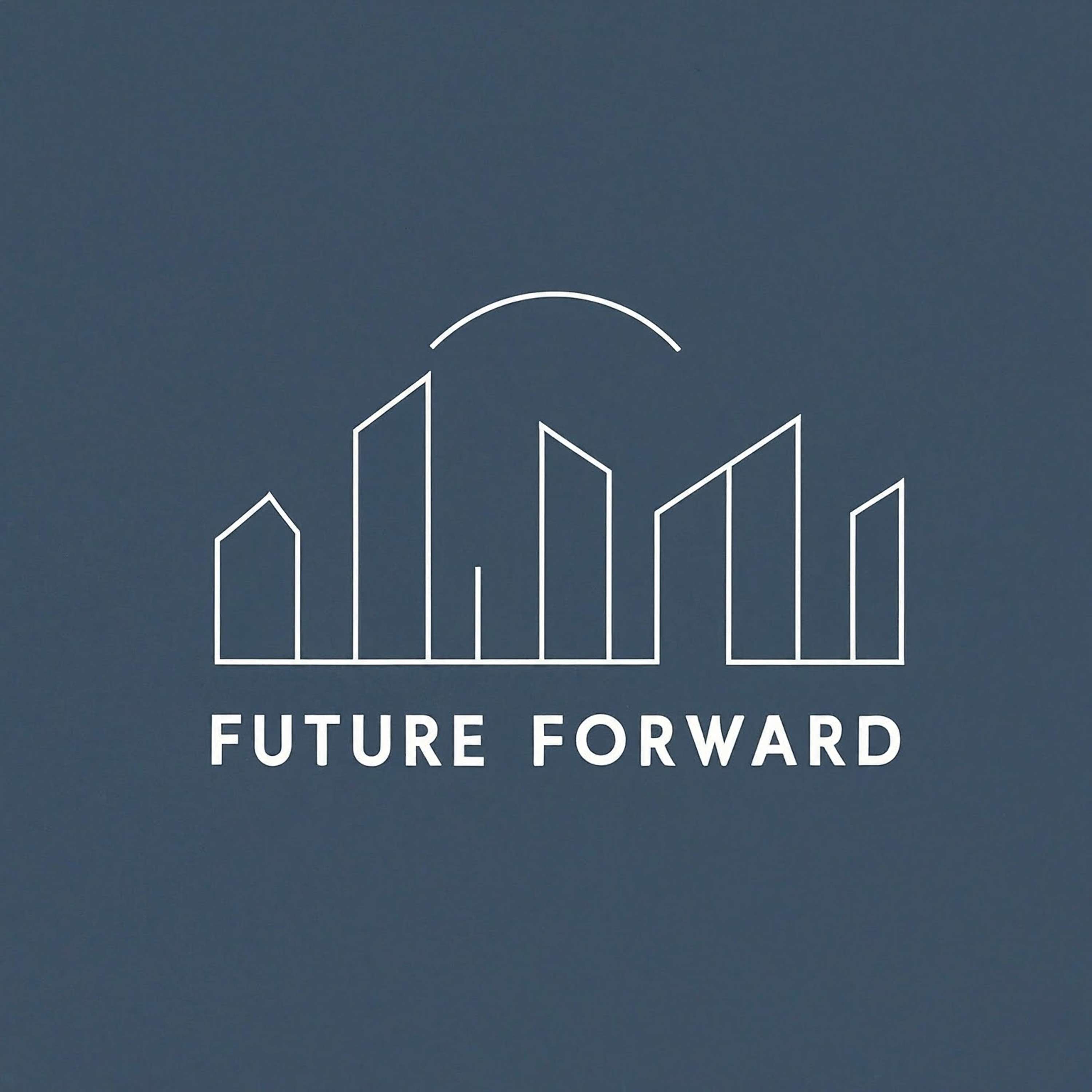Show Notes
In this episode of Future Forward, Seyi and Reza explore the transformation of London from 2008 to the present, focusing on urban density, regeneration projects, and the impacts of COVID-19 and Brexit. They discuss key infrastructure developments, the challenges faced by Londoners, and the city's future prospects as a global city. The conversation emphasizes the importance of community, sustainable transportation, and the resilience of urban systems.
takeaways
- London remains a global city despite challenges.
- The financial crisis in 2008 prompted urban regeneration.
- Key projects like King's Cross and the Shard transformed London.
- COVID-19 and Brexit significantly impacted London's economy.
- Isolation during COVID affected community engagement.
- The Elizabeth Line improved transportation capacity.
- Brixton Windmill serves as a community hub.
- Urban density drives efficiency and economic recovery.
- Mixed land use enhances urban vitality and livability.
- Future initiatives focus on sustainability and community rebuilding.
titles
- Exploring London's Urban Evolution
- The Resilience of London: Past and Future
- London's Journey Through Crisis and Recovery
Sound Bites
- "London is still a global city."
- "Urban density drives efficiency."
- "Mixed land use enhances urban vitality."
- "The average Londoner lost about £3,400."
- "Isolation leads you to think about yourself."
- "London's role as a global city remains robust."
- "Cities can be resilient systems of innovation."
Chapters
00:00
Introduction to Future Forward and London Edition
04:08
London's Transformation: 2008 to 2020
16:40
Impact of COVID and Brexit on London
28:13
Future Prospects for London
